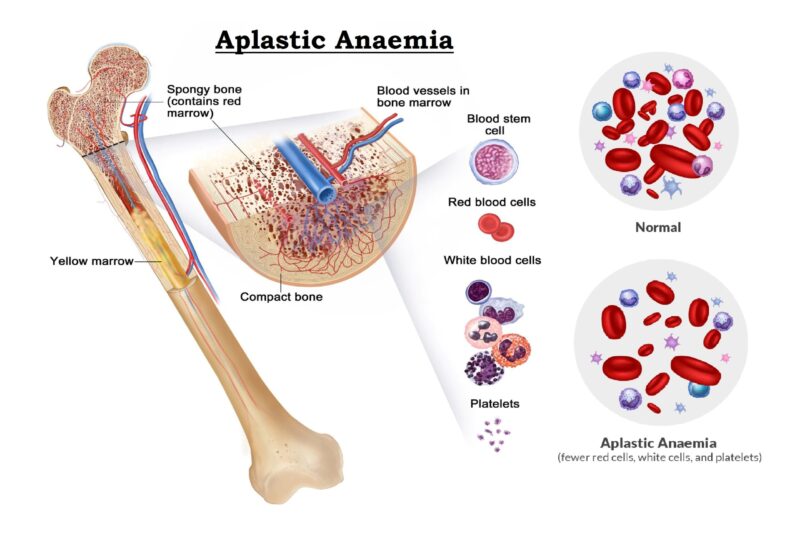Researchers do not fully understand the actual cause of Alzheimer’s disease and why complex brain changes involved in the onset and progression of Alzheimer’s disease. They suspect, several factors may be involved for Alzheimer’s disease as like –
- Age : Advancing age is a primary risk factor for the disease and incidence rates are not equal for all ages. Alzheimer's is not a part of normal aging, but the risk increases greatly after reach age 65 years. Every five years after the age of 65, the risk of acquiring the disease approximately doubles. One of the great mysteries of Alzheimer’s disease is why it largely strikes older adults.
- Sex : Women seem to be more likely than are men to develop Alzheimer's disease, in part because they live longer.
- Genetic factor : Researchers have not found a specific gene that directly causes late-onset Alzheimer’s. However, having one form of the apolipoprotein E (APOE) gene does increase a person’s risk. This gene has several forms. One of them, APOE ε4, increases a person’s risk of developing the disease and is also associated with an earlier age of disease onset. However, carrying the APOE ε4 form of the gene does not mean that a person will definitely develop Alzheimer’s disease, and some people with no APOE ε4 may also develop the disease.
Also, scientists have identified a number of regions of interest in the genome (an organism’s complete set of DNA) that may increase or decrease a person’s risk for late-onset Alzheimer’s to varying degrees.
Early-onset Alzheimer’s disease occurs between a person’s 30s and mid-60s and represents less than 10 percent of all people with Alzheimer’s. Some cases are caused by an inherited change in one of three genes. For others, research shows that other genetic components are involved.
Most people with Down syndrome develop Alzheimer’s. This may be because people with Down syndrome have an extra copy of chromosome 21, which contains the gene that generates harmful amyloid and significantly increases the risk of Alzheimer's disease. - Lifestyle : There's no lifestyle factor that's been definitively shown to reduce risk of Alzheimer's disease. However, some evidence suggests that the same factors that put at risk of heart disease also may increase the chance that person will develop Alzheimer's. Examples include:
- Lack of exercise
- Obesity
- Smoking or exposure to secondhand smoke
- Hypertension
- High blood cholesterol
- Poorly controlled Type-2 diabetes
- A diet lacking in fruits and vegetables.
These risk factors are also linked to vascular dementia; a type of dementia caused by damaged blood vessels in the brain. Working with Healthcare team on a plan to control these factors will help to protect heart - and may also help reduce risk of Alzheimer's disease and vascular dementia.
Other factors that increase the risk of Alzheimer’s include severe or repeated traumatic brain injuries and having exposure to some environmental contaminants, such as toxic metals, pesticides, and industrial chemicals.
You Can Share MedicoInfo through :




